Latin America’s Rightward Shift Continues In Honduras
Honduras’ newly elected president, Nasry Asfura of the conservative National Party, was sworn in on January 27, 2026. The election, held on November...
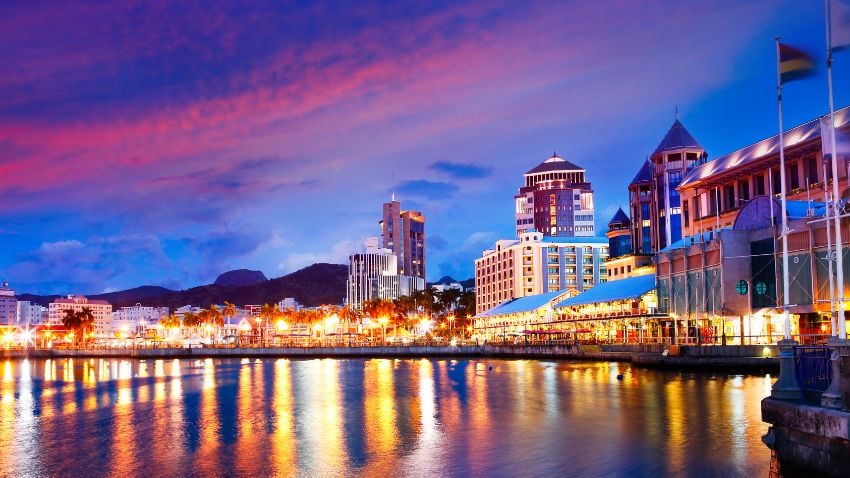
Off the eastern coast of Africa, Mauritius is an island nation in the Indian Ocean. Mauritius sits east of Madagascar and northeast of French Réunion. It is a volcanic island of lagoons and palm-fringed beaches with coral reefs surrounding most of the coastline. Mauritius is home to an underwater waterfall and amazing tourist attractions. Port Louis is its capital and is home to about 147,066 people as of 2018.
Navigating the path to residency in Mauritius involves a well-guided journey, with several avenues and programs available to individuals seeking a residence permit in this picturesque island nation.
Mauritius offers various residence permit categories catering to the diverse needs of individuals. Whether you are looking to retire in a tropical paradise, work, or invest, understanding the available options is crucial. These categories encompass programs for retirees, expatriates, and individuals seeking work permits.
A key step in obtaining a residence permit in Mauritius is to gather comprehensive information about the specific requirements for your chosen category. This includes understanding the financial criteria, documentation needed, and any specific conditions attached to the permit.
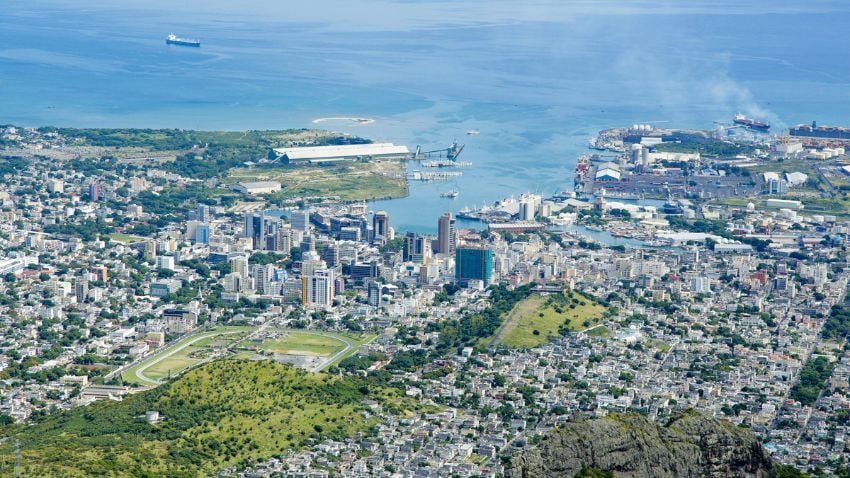
Black River Gorges National Park, Mauritius
For many residence programs, demonstrating financial stability is a prerequisite. This often involves showing proof of sufficient funds, either through regular income, investments, or a combination of both. Ensuring you meet the financial criteria is essential for a successful application.
For individuals seeking long-term stability, Mauritius offers a pathway to permanent residency. This status provides a sense of security and permanence, allowing you to fully integrate into the Mauritian community.
The Mauritius Residence by Investment is for expats who want to work freely, live, and make Mauritius their second home. Investors, pensioners, professionals, self-employed business owners, and their families are welcome to apply for the 20-year residency. This can be gained under many circumstances and, as long as the residency criteria have been met, is renewable for another 20 years.
This program grants the investors a residency visa as long as they own the property. Investors who wish to obtain permanent residency in Mauritius via investment can purchase one of the four real estate properties worth at least $375,000 USD.
You can also choose to invest in businesses, and there is an abundance of choices for this area of investment as well.
Related content: Residency In Bermuda: What's Available For You And Your Family
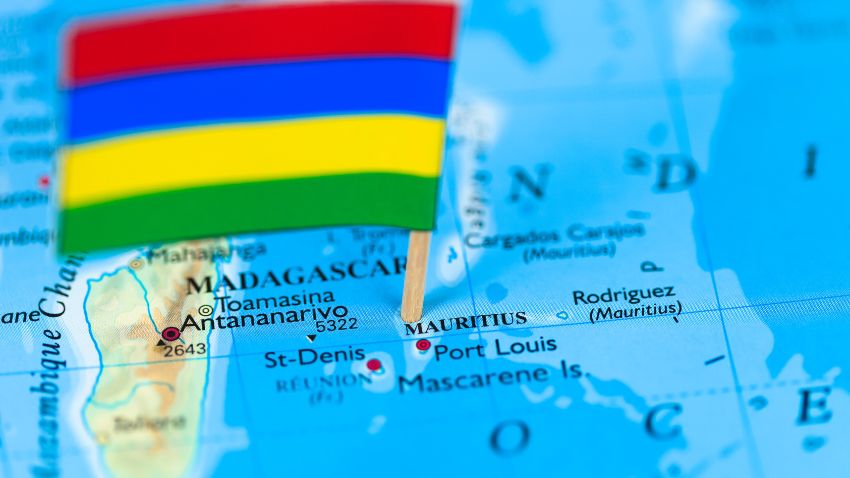
Map and flag of Mauritius
An Occupation Permit, a document that combines work and residency permits, is another option open to foreign residents. As a result, it permits the recipient to live and work in Mauritius with specific conditions.
Investment and establishing a business in Mauritius are the initial steps toward obtaining an occupation permit. You must disclose yearly sales of at least $25,150 USD and invest at least $100,000 USD in a professional enterprise.
Applications to the program should be made online through the National E-licensing System. The required documents should be provided along with the fees.
The required documents are:The applicant can select their preferred program after completing the initial due diligence tasks. The Economic Development Board of the Republic of Mauritius will approve the residency application when the applicant has completed the investment and has been granted permission in principle. After completing the necessary checks, the applicant (and any accompanying family members) obtains a Mauritian residency visa. For Property Investment and Occupation Permit only.
The application process for all Mauritius residency by Investment takes approximately 2-4 months to be completed.
Mauritius recognizes the diverse reasons individuals seek residency. There are specific programs tailored for retirees, expatriates working in the country, and those making substantial investments. Understanding the nuances of each category ensures you choose the one that aligns with your goals. Under specific circumstances, foreigners who want to use their retirement to spend joyful days in the Mauritian sun can also profit from a permanent residency visa.
They need to be above 50 years old and make at least $30,000 USD in yearly income, which must be placed into an account with a Mauritian bank. The Mauritius Retirement residence visa is issued for a minimum of three years and can be renewed. After ten years of residency, you can apply for a residency visa with 20 years of validity, which you can renew upon fulfilling the residency requirements.
The application process for the Retirement Residence visa is free of charge. Only successful applicants are required to pay the visa fee of $25 USD to the Government of Mauritius.
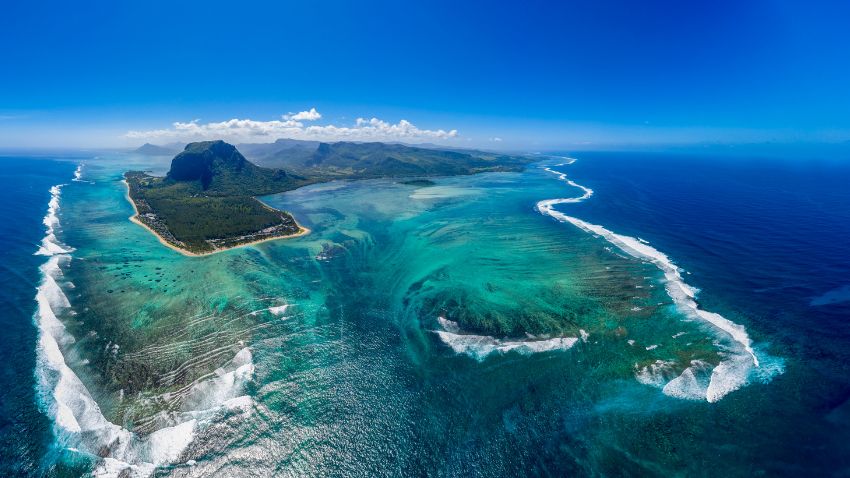
The underwater waterfall of Mauritius
Investors can also become tax residents of Mauritius if they stay on the island for more than 183 days in a year. A business firm will immediately become a tax resident if it incorporates or relocates its headquarters there.
Mauritius is a low-tax country notable for having a basic tax of 15% that applies to both companies and income tax, no tax on capital gains, no withholding tax on interest and dividends, and free repatriation of earnings, dividends, and capital. Tax residents of Mauritius pay income tax on a graduated basis.
Some other benefits of being a resident in Mauritius are a safe environment with a tropical climate all year round, a very stable government, society, economy, and access to foreign institutions of higher learning in Mauritius. I also recommend for you to check our education program for your family.
Related article: The Basics Of How To Get A Second Passport Or A Second Residency.
Acquiring residency by investment is a pathway to Mauritius citizenship. Applicants may submit a request for citizenship after five years of uninterrupted residency as an existing Commonwealth citizen, with 12 months of continuous residence in the preceding year. A non-citizen of the Commonwealth may request citizenship after seven years of uninterrupted residency. Before applying, the candidate must be physically present in Mauritius for 12 months.
There is a fast-track citizenship procedure for investors who increase their investment amounts to $500,000 USD and are physically present for two consecutive years without any absence from the country. It applies to both current citizens and non-citizens of the commonwealth.
In Mauritius, it may take up to a year for citizenship to be processed and approved. There are no restrictions on dual citizenship. However, the candidate should have an excellent understanding of either English, French, or the local dialect.
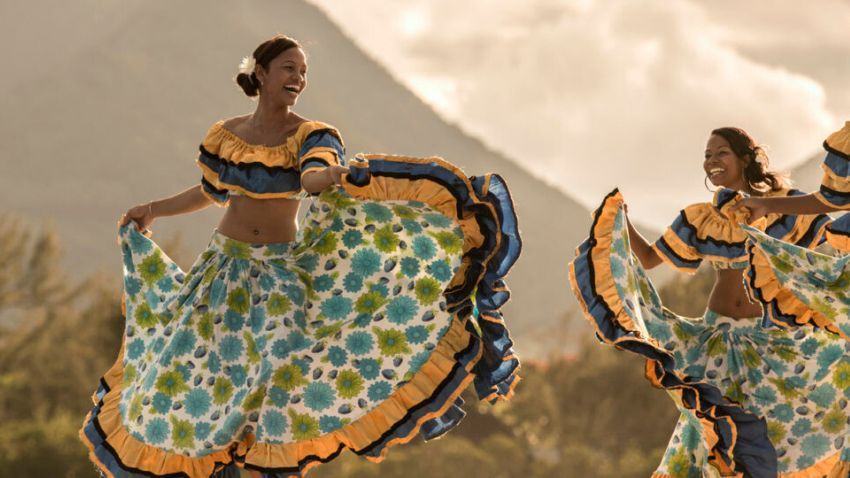
Dancers perform on a beach in Mauritius
An estimated 1.2 million people live on the densely populated island of Mauritius. Among its diverse population, it enjoys a reputation for stability and harmony. Hindus, Muslims, Creoles, Chinese, and Europeans all coexist peacefully in Mauritius, which is renowned as a pluralistic nation where all ancestors' cultures have been maintained. Ultimately, these influences converged to form the global fabric of Mauritius' distinct culture. It is reflected in its language, literature, religion, festivals, dance, music, and crafts made locally. These characteristics distinguish the island as a unique location in the globe, and the residents of Mauritania are renowned for their inclusivity and friendliness.
Most Mauritanians are multilingual, speaking both French and English. The official language is English, but French and Creole are also extensively spoken. The linguistic mosaic also includes oriental languages.
A stable representative democracy exists in Mauritius, one of the few in Africa. In a country with a single house of legislature, the National Assembly serves as the parliament. The lawmakers are chosen to serve terms of five years. President is the head of state, and the prime minister is the head of government.
The Supreme Court, the highest court on the island, and the Subordinate Courts presently make up Mauritius's single-structured legal system. The Constitution of Mauritius is the country's top legal document, and the Chief Justice serves as its chief executive. The Mauritius Constitution provides for final appeals of judgments from the Court of Appeal to the Judicial Committee of the Privy Council in London.
Understanding the tax implications of residency is crucial. Mauritius has various tax regimes for residents, and it's important to comprehend your obligations to avoid any legal complications.
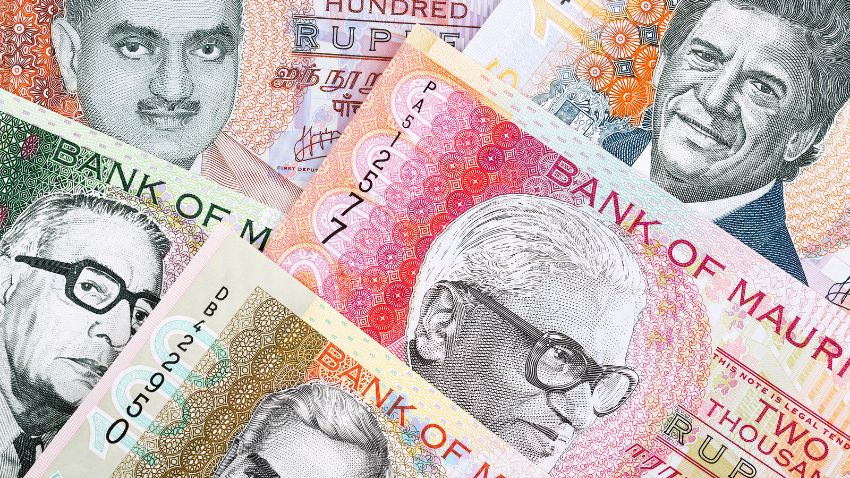
Mauritian rupee, the currency of Mauritius
Mauritius has a diverse emerging economy focused on agriculture, exports, financial services, and tourism. GDP nominal $14.4 billion USD (estimated for 2019) and GDP per capita $11,361 USD (nominal, 2019 est.). The Mauritius government has worked to diversify the nation's economy since the 1980s to reduce its reliance on agriculture, notably sugar production.

Closeup of a doctor and patient sitting at the desk. Medicine and health care concept
Residence permits in Mauritius come with certain rights, and understanding them is crucial. These rights may include the ability to work, access healthcare, and enjoy various amenities. Clarify these aspects to ensure a smooth transition into your new life.
The healthcare system of Mauritius is advanced. Public health organizations provide for around 73 percent of the population's health requirements, and the private sector provides for 27% of those needs.
In Mauritius, there are various private clinics and free public hospitals. Six specialized public hospitals, 18 private multi-specialty clinics, 11 private specialized clinics, 28 medical labs, and five large public hospitals make up Mauritius' healthcare system. Both governmental and private hospitals have more than 4,500 beds.
You might want to think about relocating to Mauritius if the idea of living in an idyllic island setting appeals to you. This multicultural country is recognized not just for its scenic landscape, sandy beaches, and rolling hills but also for the great freedom its people enjoy.
Living in Mauritius as an expat will provide you with tremendous opportunities, a relaxed way of life, excellent healthcare, a sophisticated economy, and a wide range of social services.
If you want the best intel from the expat world, including profitable offshore opportunities, little-known tax-saving strategies, and hard-won insights on immigration, passports, and Plan-B residencies, all delivered to your inbox every single week, then join our daily correspondence, EMS Pulse®. Currently enjoyed by over 84,000 expats and expat-hopefuls worldwide. Fill in the form below to join our newsletter free:

Written by Mikkel Thorup
Mikkel Thorup is the world’s most sought-after expat consultant. He focuses on helping high-net-worth private clients to legally mitigate tax liabilities, obtain a second residency and citizenship, and assemble a portfolio of foreign investments including international real estate, timber plantations, agricultural land and other hard-money tangible assets. Mikkel is the Founder and CEO at Expat Money®, a private consulting firm started in 2017. He hosts the popular weekly podcast, the Expat Money Show, and wrote the definitive #1-Best Selling book Expat Secrets - How To Pay Zero Taxes, Live Overseas And Make Giant Piles Of Money, and his second book: Expats Guide On Moving To Mexico.

Honduras’ newly elected president, Nasry Asfura of the conservative National Party, was sworn in on January 27, 2026. The election, held on November...

For a growing number of Americans, cost-of-living math no longer works. Housing feels harder to reach, everyday costs keep climbing, and long-term...
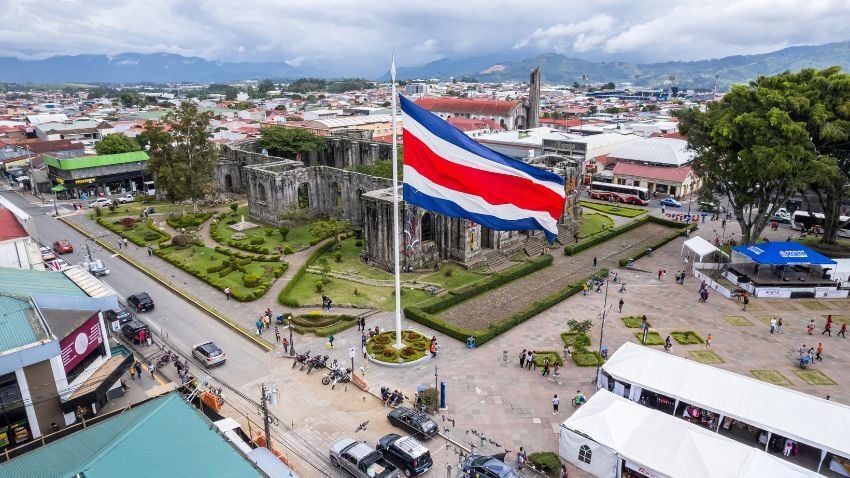
Costa Rica has become one of the most popular expat and digital nomad destinations in Latin America, known for its natural beauty, relaxed lifestyle,...